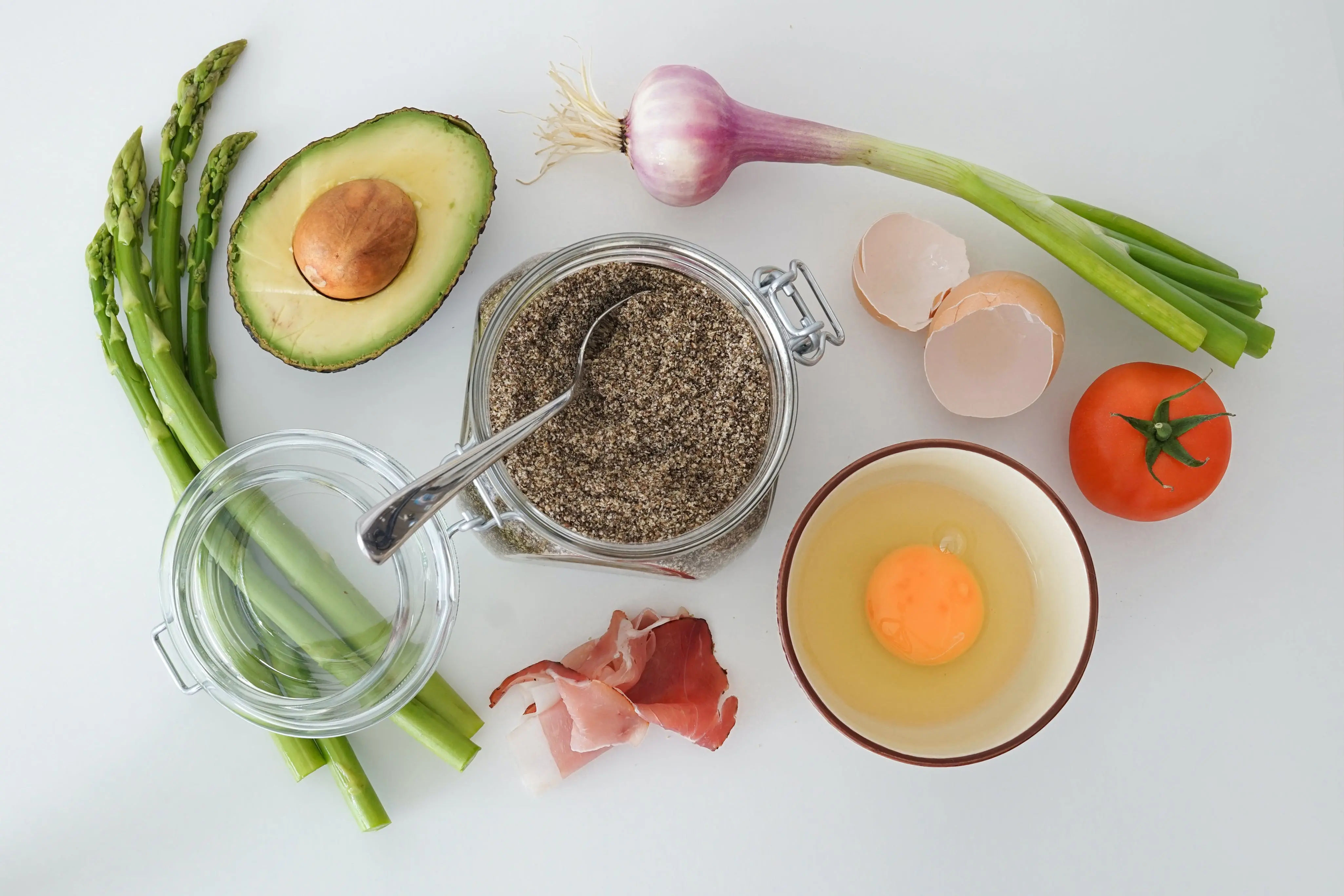
What are the ingredients in mosquito ointment?
Mosquito ointments typically contain a combination of active ingredients and inactive ingredients.
Active ingredients are the ingredients that work to repel mosquitoes or relieve the itching and swelling caused by mosquito bites. Common active ingredients in mosquito ointments include:
- DEET (N,N-diethyl-m-toluamide): DEET is a synthetic chemical that is effective at repelling mosquitoes. It is the most effective mosquito repellent available, but it can also cause skin irritation and other side effects.
- Picaridin (N-octyl-N-butyl-1-piperidinecarboxamide): Picaridin is another synthetic chemical that is effective at repelling mosquitoes. It is less likely to cause skin irritation than DEET, but it is also not as effective.
- Oil of lemon eucalyptus: Oil of lemon eucalyptus is a plant-based mosquito repellent that is effective against a variety of mosquito species. It is a good choice for people who are sensitive to DEET or other synthetic chemicals.
- Calamine: Calamine is a mineral that is used to soothe itchy and irritated skin. It is a common ingredient in over-the-counter hydrocortisone creams and ointments.
- Pramoxine: Pramoxine is a topical anesthetic that can help to relieve pain and itching caused by mosquito bites. It is a common ingredient in over-the-counter pain relievers such as Benadryl Itch Relief Cream.
Inactive ingredients are the ingredients that are used to thicken, stabilize, and preserve the ointment. Common inactive ingredients in mosquito ointments include:
- Water: Water is the main ingredient in most mosquito ointments. It helps to thin the ointment and make it easy to apply.
- Petrolatum: Petrolatum is a petroleum jelly that is used to thicken the ointment and make it adhere to the skin.
- Cetyl alcohol: Cetyl alcohol is a fatty alcohol that is used to thicken the ointment and make it more stable.
- Stearyl alcohol: Stearyl alcohol is another fatty alcohol that is used to thicken the ointment and make it more stable.
- Propylene glycol: Propylene glycol is a chemical that is used to prevent the ointment from drying out.
- Methylparaben: Methylparaben is a preservative that is used to prevent the growth of bacteria in the ointment.
How to choose the right mosquito ointment
When choosing a mosquito ointment, it is important to consider the following factors:
- The type of mosquito problem you have: Are you trying to repel mosquitoes or treat mosquito bites? If you are trying to repel mosquitoes, you will need to choose an ointment that contains an active ingredient such as DEET, picaridin, or oil of lemon eucalyptus. If you are trying to treat mosquito bites, you will need to choose an ointment that contains an active ingredient such as calamine or pramoxine.
- Your age and health: Some mosquito ointments are not safe for children or people with certain medical conditions. Be sure to read the label carefully before using any mosquito ointment.
- Your personal preferences: Some people prefer to use mosquito ointments that are natural and plant-based. Others prefer to use mosquito ointments that contain more effective synthetic chemicals.
If you are unsure which mosquito ointment is right for you, you should consult with a doctor or pharmacist.
Conclusion
Mosquito ointments can be an effective way to repel mosquitoes or treat mosquito bites. When choosing a mosquito ointment, it is important to consider the type of mosquito problem you have, your age and health, and your personal preferences.


